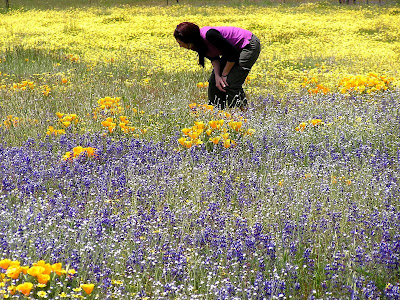As you put in the hard work to drive the innovations needed to advance conservation and sustainability, it's inevitable that you'll hear resistance from those who are not comfortable with change -- who like things the way they've always been done. Let's see how their record looks in this brief historical timeline:
What can be more palpably absurd than the prospect held out of locomotives traveling twice as fast as stagecoaches? - The Quarterly Review, England (March 1825)
Men might as well project a voyage to the Moon as attempt to employ steam navigation against the stormy North Atlantic Ocean. - Dr. Dionysus Lardner (1838) Professor of Natural Philosophy and Astronomy, University College, London
The abolishment of pain in surgery is a chimera. It is absurd to go on seeking it. . . . Knife and pain are two words in surgery that must forever be associated in the consciousness of the patient. - Dr. Alfred Velpeau (1839) French surgeon
[W]hen the Paris Exhibition closes electric light will close with it and no more be heard of. - Erasmus Wilson (1878) Professor at Oxford University
Heavier-than-air flying machines are impossible. - Lord Kelvin, ca. 1895, British mathematician and physicist
Radio has no future. - Lord Kelvin, ca. 1897.
That the automobile has practically reached the limit of its development is suggested by the fact that during the past year no improvements of a radical nature have been introduced. - Scientific American, Jan. 2, 1909
I think there is a world market for maybe five computers. - Thomas Watson, chairman of IBM, 1943.
There is no need for any individual to have a computer in their home. - Ken Olson, 1977, President, Digital Equipment Corp.
Clearly, even your smartest, most accomplished detractors aren't always right.
If the inventors of the game-changing technologies described above succumbed to their doubters, we'd still be riding horses to work and sailing to Europe!
Think carefully about what this means for where we're headed on clean energy, clean transport and sustainability as a whole. We ARE going to make this happen.
If the inventors of the game-changing technologies described above succumbed to their doubters, we'd still be riding horses to work and sailing to Europe!
Think carefully about what this means for where we're headed on clean energy, clean transport and sustainability as a whole. We ARE going to make this happen.
Remember: as you strive to intelligently and strategically innovate, burning the midnight oil to bring your visions to reality, don't let the naysayers get you down.
















